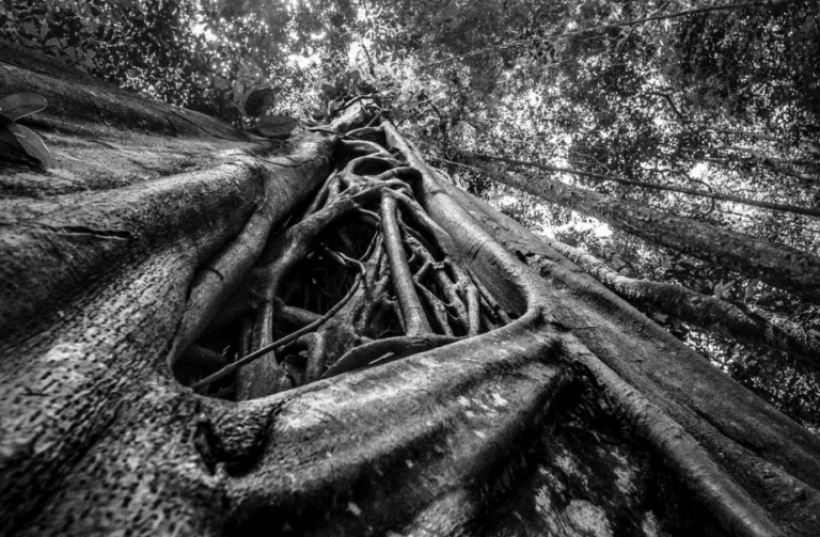
So why bring together technology and Indigenous peoples’ knowledge?
As the world, research networks and finding solutions for climate change become increasingly internet dependent, bridging indigenous people’s knowledge and technology is essential in order to ensure future knowledge bases are made and maintained in a way that involves and highlights indigenous knowledge.
Doing so creates a fairer future in which indigenous people’s knowledge and the human rights of indigenous people have a voice, a priority, and a place where policy about them is being made.
Empowering those with essential knowledge is as much about creating a greater understanding of local climate issues as it is about ensuring equal platforms on which indigenous climate change data and knowledge is owned and of use to those who have created it and about whom it is refers to.
Locating LICCION within this field
LICCION, in building the Oblo network aims to help facilitate communities in recording their data and local indicators of climate change data. Oblo is a form of open source technology that provides a platform to document and visualise a range of data, but is being developed and co-designed with Indigenous people and local communities.
This collaborative factor of involving Indigenous people, researchers, and civil society experts ensures a level of ownership of the data as well as allowing for culturally specific features rather than a “one size fits all” approach. This is essential as it guarantees that data comes with a certain jurisdiction, dictated by those who the data is from and about, regarding who can see and use what is logged.
Locating ourselves within this knowledge
Understanding climate change and ways in which it is seriously impacting global ecosystems is essential, but moving away from prior methods of field work and outsider observation is needed to create a fairer knowledge economy. This therefore opens the space and possibility for a wider and more accurate picture of climate change to be painted.
Decolonising and recognising the lense in which we (the West) have largely understood climate change is a necessary first step. While climate change impacts everyone there is significant variation in terms of action, understanding, or the ways and rate in which it will impact our everyday environment.
Learning from and seeing indigenous people’s knowledge on the same value level not only moves away from outdated western led methods, but also aims to fill knowledge gaps that come from this geographical knowledge bias.
Facilitating local communities and indigenous groups to create updated and accurate knowledge about climate change in their jurisdiction will pave the path for more relevant, regionally appropriate policy that is led by those most affected.
Recording data allows greater evidence for local climate change and for communities to advocate for themselves and impact policy.
Education from a Non-Western Lense
Examples of groups working towards autonomous education and advocacy:
Placing indigenous people’s knowledge at the forefront strengthens understanding and creates the platforms on which issues can be accurately reported and solved on all levels.
Ensuring technology works hand in hand with indigenous people’s knowledge helps maintain that IK is relevant, necessary and respected as a source of data and information that can shape climate change research and policy globally.
For example, seeing the issues of environmental security in Australia, a far more comprehensive understanding is achieved when taking into account diverse population and diverse sources of indigenous people’s knowledge that are present.
Yet, it is important to still keep in centre frame the awareness that as researchers, readers, etc, our position is that of an outsider, and thus technology and indigenous people’s knowledge must work together respectfully ensuring that data is protected, sovereign and within the jurisdiction of those indigenous groups where such knowledge is sourced from.